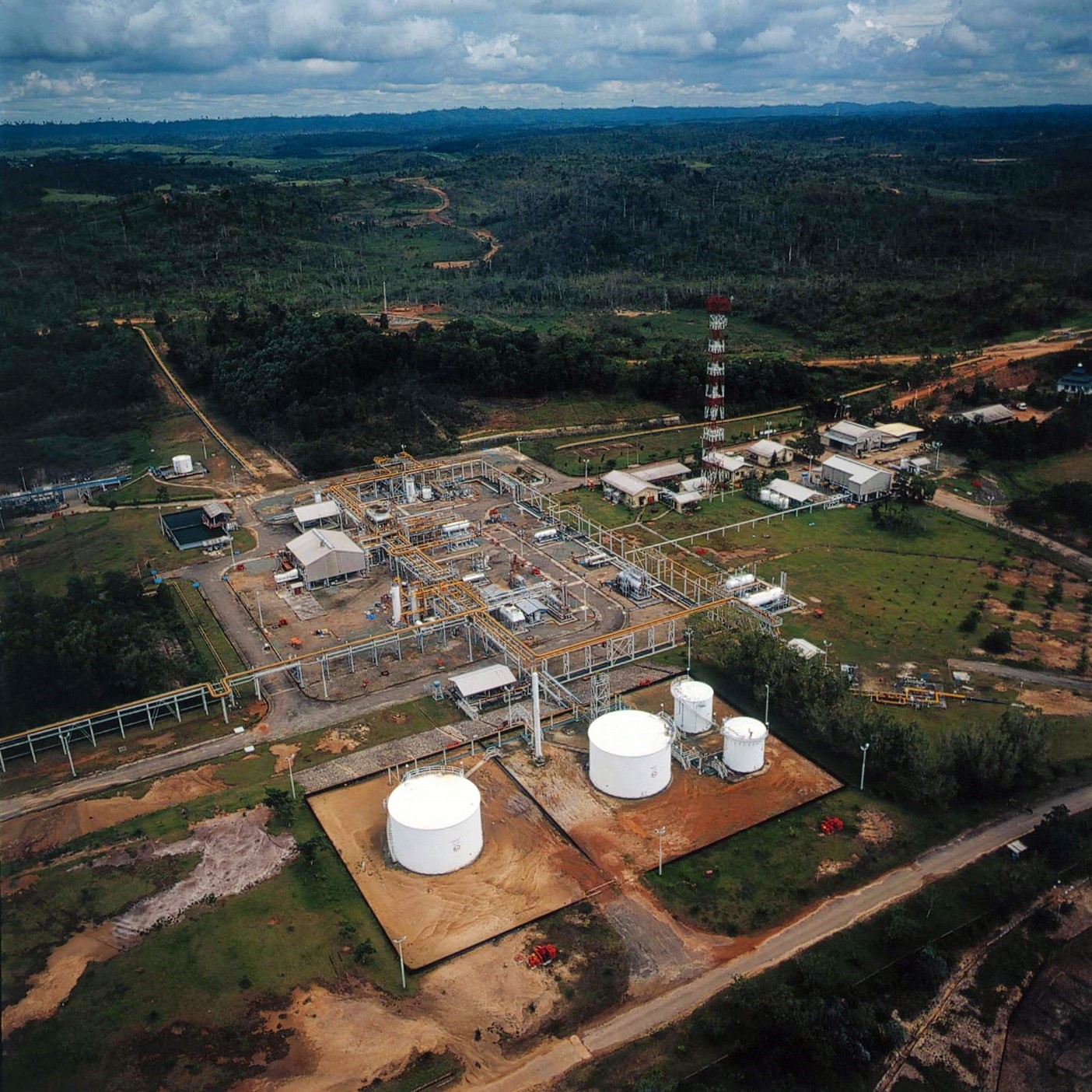21
Oct

Balikpapan– PT Pertamina Hulu Sanga Sanga (PHSS) has achieved a record for the deepest drilling using the Casing while Drilling (CwD) technique for Indonesia's onshore oil and gas fields. The drilling reached a depth of 2,510 ft (766 m) at well SEM-184, located in the Semberah Working Area of PHSS. The CwD operation involves drilling a well simultaneously and installing casing, a pipe that lines the borehole.
Sr. Manager of Drilling & Well Intervention Regional 3, Dhanar Eko Prasetyo, stated that PHSS has successfully drilled 84 wells using this CwD technique as a strategic step to optimize drilling costs and time through more effective, efficient, rapid, and safe operations.
"Applying this technique has saved 80 operational hours, equivalent to US$120 thousand in costs. Additionally, with the reduced risk of shallow gas and loss of circulation, this drilling technique has contributed to achieving 7,904 safety man-hours," said Dhanar.
He noted that the company continually promotes innovation and technology applications to conduct safe, reliable, and environmentally friendly operations based on best practices in the national and global upstream oil and gas industry. "In addition to implementing the CwD technique, the company has significantly reduced operational costs by completing the dual monobore complexity process for each PHSS well," Dhanar explained.
Dhanar elaborated that dual monobore complexity is a technique using two 3-1/2" diameter tubing strings cemented to the surface. It allows for initial hydrocarbon production and workovers to increase well production without requiring a rig. "In comparison, conventional complexity uses a single tubing string that is not cemented, requiring a rig for installation and removal of the tubing. This certainly impacts costs," he explained.
PHSS Field Manager Iva Kurnia Mahardi stated that the use of the CwD technique and dual mono bore is a strategic breakthrough that plays a role in maintaining the economic viability of oil and gas projects in Zona 9. "Dual mono bore has proven to be more efficient in terms of time and cost, reducing production and safety risks during well interventions, and decreasing carbon emissions generated in subsequent work."
From an investment perspective, Iva noted that dual monobore complexity can provide cost efficiency of up to US$150 thousand compared to conventional methods. "This method is one of the best practices in the upstream oil and gas industry to maintain field production levels so that PHSS fields can continue to support national energy security," she added.
Currently, PHSS is using 11 rigs simultaneously to continue its borderless drilling strategy for overlapping working areas with PT Pertamina EP (PEP) fields in Zona 9.
PT Pertamina Hulu Sanga Sanga (PHSS) is a subsidiary of PT Pertamina Hulu Indonesia (PHI) that manages upstream oil and gas operations and business by Environmental, Social, and Governance (ESG) principles in the Sanga Sanga Working Area in East Kalimantan. In collaboration with SKK Migas, PHSS, along with its subsidiaries and other PHI affiliates, continues to conduct various innovations and technology applications to produce safe, efficient, reliable, compliant, and environmentally friendly energy to achieve #EnergyKalimantanForIndonesia. For more information about PHI, visit https://phi.pertamina.com.